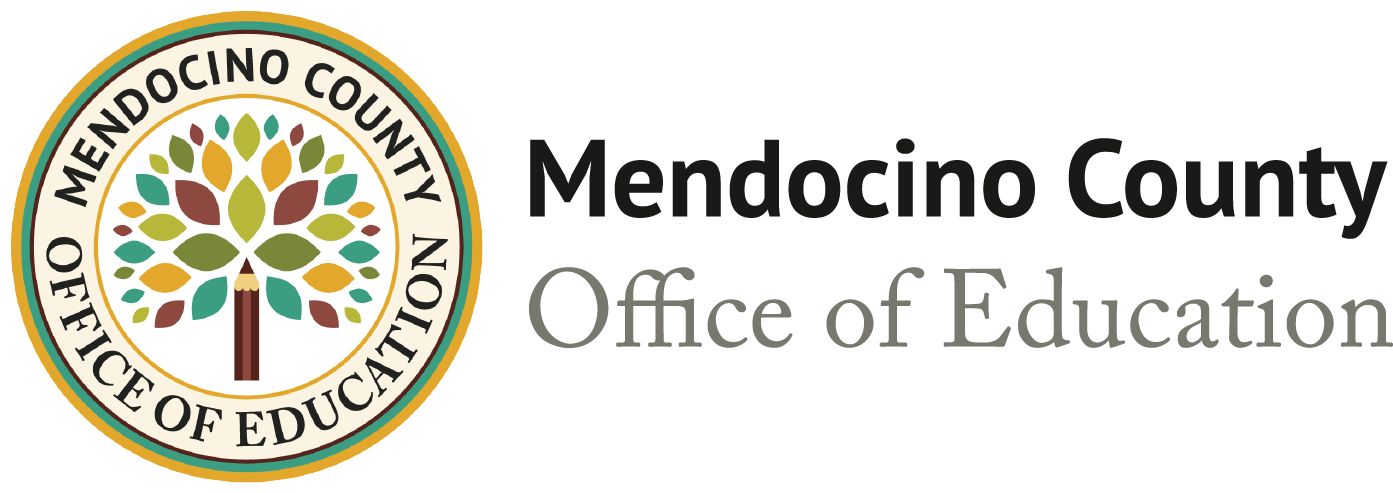
MCOE Hosts Multi-County Education Conference
This week, the Mendocino County Office of Education (MCOE) hosted a retreat for eight county offices of education to discuss educational trends and share best practices. In addition to MCOE, participants included county offices from Alameda, Del Norte, Humboldt, Lake, Napa, San Diego, and Sonoma.
County offices of education are often siloed by their areas of expertise: educational services, business and finance, special education, advocacy and outreach, and so on. According to Mendocino County Superintendent of Schools Michelle Hutchins, the California County Superintendents Education Services Association (CCSESA) provides training and education for job-alike groups such as all county superintendents or all assistant superintendents of educational services, but they rarely bring multi-disciplinary groups together.
She said, “That’s what we do each year at this conference. We discuss the most pressing educational priorities and challenges, and how they affect our agencies and the districts we serve.”
This year’s three-day conference included presentations by top-level state leaders in education. On day one, attendees heard from Mary Nicely, Senior Advisor, Office of Superintendent of Public Instruction at the California Department of Education; L.K. Monroe, President of CCSESA and Alameda County Superintendent of Schools; and a video presentation from Tony Thurmond, California Superintendent of Public Instruction. Day two featured Dr. Fabiola Bagula, Senior Director of Equity at the San Diego County Office of Education, who spoke on several equity-related topics. It also featured a working lunch during which Carl Corbin, general counsel for School and College Legal Services of California, presented an update regarding current legal issues in education. On day three, Matt Phillips, CPA Director of Management Consulting Services, School Services of California and Mike Fine, Chief Executive Officer of Fiscal Crisis & Management Assistant Team gave a talk titled, “The State of the State, Finance and Fiscal Update, and Advice.”
The conference focused primarily on the topics of budget and equity. In the wake of the pandemic, schools are receiving one-time funding to offset costs associated with the implementation of safety protocols and remote learning. Conference attendees discussed how these one-time monies could be apportioned to have the most positive and lasting effects for students.
According to Hutchins, attendees also did a “deep dive on equity” that was well received, even by those who were not enthusiastic about the topic. “Dr. Bagula’s presentation wasn’t about making one group feel guilty. Instead, she used a scientific approach to help each of us understand how human brains process information; she helped us become more aware of the mental processesinvolved in gaining knowledge.” Dr. Bagula’s presentation included information from the Cognitive Bias Codex of 2016.
Dr. Bagula also addressed the importance of providing educational materials that are relevant and inspirational for various groups of students. For example, instead of providing a 14-year-old English learner with young children’s books because the language is simpler, Dr. Bagula recommended a lesson of interpretting a utility bill—an exercise that is relevant, useful, and appropriate for the student’s grade level. “That’s equity,” Hutchins explained.
Hutchins continued, “Overall it was a great conference. The high vaccination rate among attendees allowed us to meet in person, which added so much to the experience. We were mindful of safety protocols and grateful to the staff at Little River Inn who worked with us to provide a high quality experience with comfortable accommodations and excellent service, even though they, like many in the hospitality industry, are currently short-staffed. Most importantly, as educators and leaders, we deepened our knowledge of how to support each other as we support the students in our counties.”

